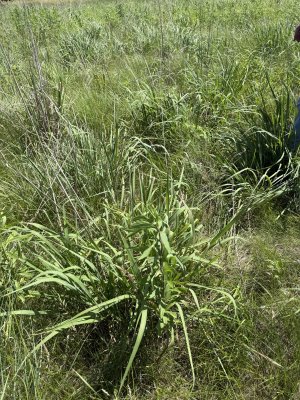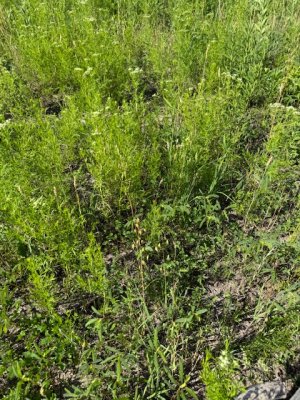356
5 year old buck +
The Missouri Department of Conservation in partnership with Quail Forever and two wildlife foundations hosted a quail habitat field day for landowners. Here are the key take homes and some pictures:
1) The best tool is a September burn rotation every three or four years.
2) Unlike deer plots, soil disruption is an essential tool.
3) Edge feathering every 80 to 100 yards.
4) Edge/field borders—12-20’ with roundup late October to early December, on a warm day after the first hard frost.
5) Food plots (corn, sunflowers planted late, soy planted late, Milo).
6) Ragweed is amazing cover, food and is easy to grow—just disrupt the soil.
7) Periodic placement of loss piles of cut timber—about 1 per 5 acres in areas more than 80 yards from a timberline or fence line.
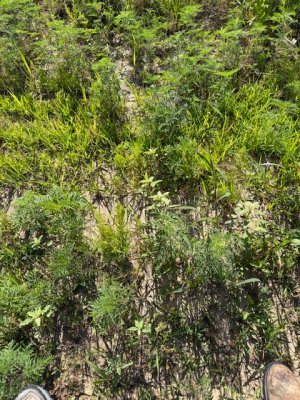
The density of quality quail habitat. This area was burned last September. 30% of the soil should be seen from above.
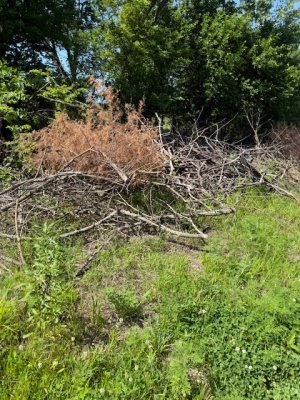
Edge feathering every 80-100 yards
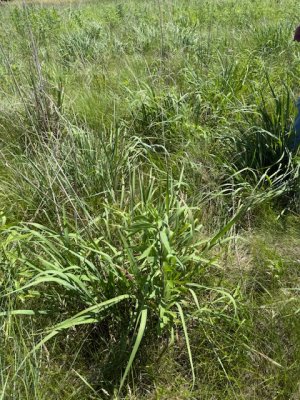
Control grasses, leaving just enough for nesting. Focus on forbs and other native non-grass “weeds.”
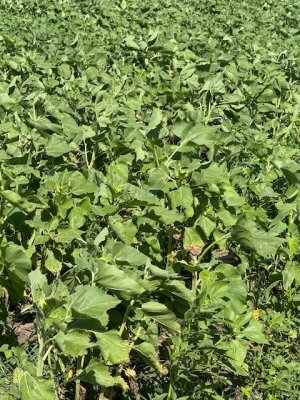
This sunflower plot is for doves, and was planted in the spring. Now (late June to mid-July) is the time to plant sunflowers for quail.
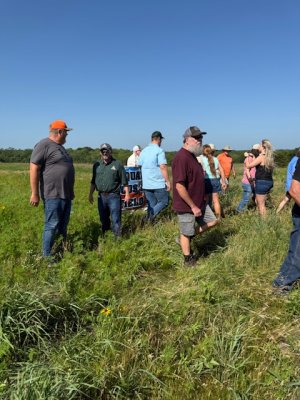
Special thanks to Randy for hosting this event on his 420 acre farm. 40 landowners participated in this well planned event.
1) The best tool is a September burn rotation every three or four years.
2) Unlike deer plots, soil disruption is an essential tool.
3) Edge feathering every 80 to 100 yards.
4) Edge/field borders—12-20’ with roundup late October to early December, on a warm day after the first hard frost.
5) Food plots (corn, sunflowers planted late, soy planted late, Milo).
6) Ragweed is amazing cover, food and is easy to grow—just disrupt the soil.
7) Periodic placement of loss piles of cut timber—about 1 per 5 acres in areas more than 80 yards from a timberline or fence line.

The density of quality quail habitat. This area was burned last September. 30% of the soil should be seen from above.

Edge feathering every 80-100 yards

Control grasses, leaving just enough for nesting. Focus on forbs and other native non-grass “weeds.”

This sunflower plot is for doves, and was planted in the spring. Now (late June to mid-July) is the time to plant sunflowers for quail.

Special thanks to Randy for hosting this event on his 420 acre farm. 40 landowners participated in this well planned event.

